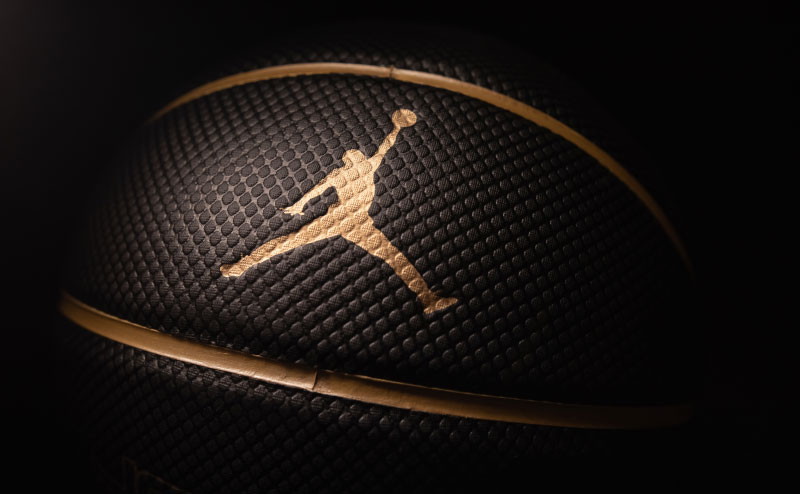Earlier this year, Michael Jordan announced the filing of a lawsuit in a Chinese court against Qiaodan Sports Company Ltd., alleging that the company has been using his name and jersey number (23) in China without permission. “Qiaodan” is a Chinese pronunciation of “Jordan,” and along with the Chinese company’s use of the “Qiaodan” mark, the company is also using the names of Jordan’s children.
Despite Qiaodan’s claim that there is no connection between their use of the mark “Qiaodan” and the number 23 to sell basketball merchandise and Michael Jordan’s sale of his merchandise in China, Jordan has decided to take “action to preserve ownership of [his] name and brand.” Had this action been brought in the United States, the outcome would likely be very favorable to Jordan; however, intellectual property protection and enforcement in China has been anything but clear.
Until very recently, China has been known as a country where intellectual property enforcement is weak and infringement thrives. China has a brief and inconsistent history in trademark law. The country enacted its first trademark law in 1982 and revised it most recently in 2001 in order to comply with the World Trade Organizations (WTO) Agreements on Trade Related Aspects of Intellectual Property Rights (TRIPS).
Unlike the U.S., China employs a first-to-file trademark protection system with no evidence of ownership required. Therefore, whoever files a trademark application first is entitled to the protection.
While recent cases suggest that the government at times may be willing to tackle intellectual property enforcement problems, a myriad of mountainous barriers have impeded this progress. These inherent barriers include: corruption; inadequate training for policing officials; Chinese society not realizing the harm caused by counterfeiters; and traditional communist views that value the greater good over an individual’s commercial success. In addition to these barriers, the most significant factor in Jordan’s case may come down to whether the name “Jordan” is found to be a “well-known” mark in China.
China has a special category for “well-known” marks that is very similar to the United States’ “famous” mark category. China’s “well-known” mark category, which was created in 1996, allows a mark that is “recognizable to the consuming public of that product or service” to have greater protection, even in classes where it was not originally registered.
While the Chinese laws are somewhat vague, ambiguous and often inconsistently enforced, both Starbucks and Kodak are examples of companies that have established that their names are “well-known” marks. The Chinese court held that “Xingbake” and “Keda,” the Chinese versions of the words, “Starbucks” and “Kodak,” respectively, were likely to cause confusion and were attempts by the Chinese companies to capitalize on the goodwill that the American companies already established.
In addition, two other NBA players, Yi Jianlian and Yao Ming, have recently received favorable rulings from the Chinese Trademark Review and Adjudication Board. These recent successes have set the stage for Jordan to test China’s intellectual property enforcement. Should Jordan be successful, a proactive trademark enforcement strategy would be for Jordan to demonstrate generosity to the Chinese community and improve his company’s image in that community. He has wisely adopted this strategy and pledged that any award or monetary damage gained from litigation will be reinvested in local Chinese communities for the purpose of “growing the sport in China.”
While this case is not likely to be decided anytime soon, it illustrates the growing importance of intellectual property protection in a global marketplace. As China’s economy continues to expand and the Internet continues to allow for an ever-expanding global marketplace, numerous U.S. companies will want to expand into its one billion citizen marketplace. Unfortunately, it may not be practical to rely on consistent and effective enforcement of intellectual property rights in China. Therefore, any company that foresees expanding its market to China would be well advised to seek counsel in obtaining registration of any trademark and also any Internet domain name, along with the Chinese versions of those names, for any mark they seek to protect.
By: Joseph J. Stafford
Intellectual Property Attorney









